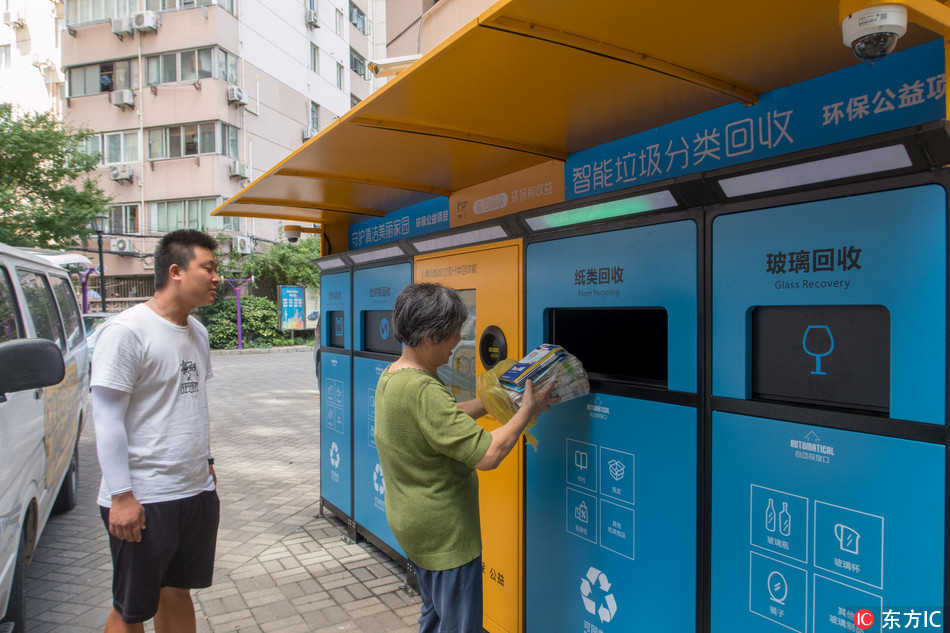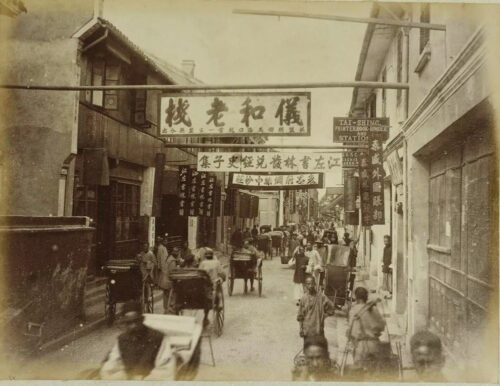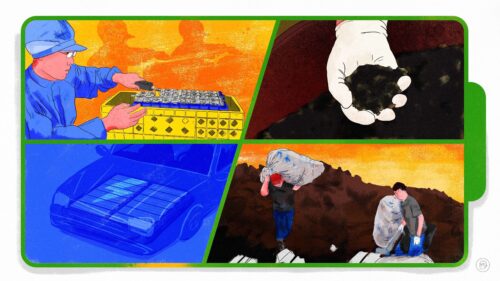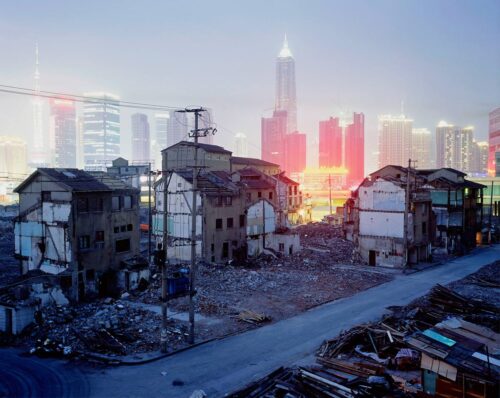Shanghai gets serious about garbage sorting and recycling

In the 1980s, China began importing scrap metal, plastic from recycling programs, and just about every other kind of foreign waste that could be processed into usable materials. But three decades of economic growth also led to China producing plenty of its own garbage, much of it recyclable.
So in 2018, bans on importing most types of foreign waste were implemented. But the recycling plants did not disappear, and the government is now taking steps to launch a domestic recycling program, starting in Shanghai.
On July 1, the city launched a garbage sorting and recycling program that aims to make its waste collection more efficient and maximize recycling. The program, outlined here (in Chinese), calls for all domestic garbage to be sorted into these categories:
- Recyclable, including paper, plastics, glass, scrap metal, fabric
- Hazardous, such as batteries, light bulbs, medicines, paint
- Perishable — food waste and Chinese medicine dregs
- Dry — anything that is not recyclable, hazardous, or perishable
Fines of up to 100,000 yuan ($14,500) are listed for companies and government organizations that contravene certain rules. There are no fines listed for individuals or households.
The scheme encourages manufacturers to “improve the recycling rate of waste products and packaging materials” and promotes local recycling plants, although details are not given.
But recycling in China traditionally has relied on an informal network of solo garbage collectors who sort through piles of urban waste unsystematically. Residents do not sort their garbage.
Shanghai residents, understandably, are still struggling to understand the garbage-sorting rules: Agence France-Presse reports:
“It’s for the good of our homeland, but we keep making mistakes,” said Nie, a trading company staffer, laughing as he struggled to separate the bag’s contents into various bins.
“We have to get this right before the fines really start.”
Xí Jìnpíng 习近平 often speaks about garbage sorting — see, for example, this rap video about “things close to Xi’s heart,” or do a Google search for Xi’s name and “垃圾分类” (lājī fēnlèi — garbage sorting).
Also see:
How China’s ‘foreign waste’ ban might spur its domestic recycling program






